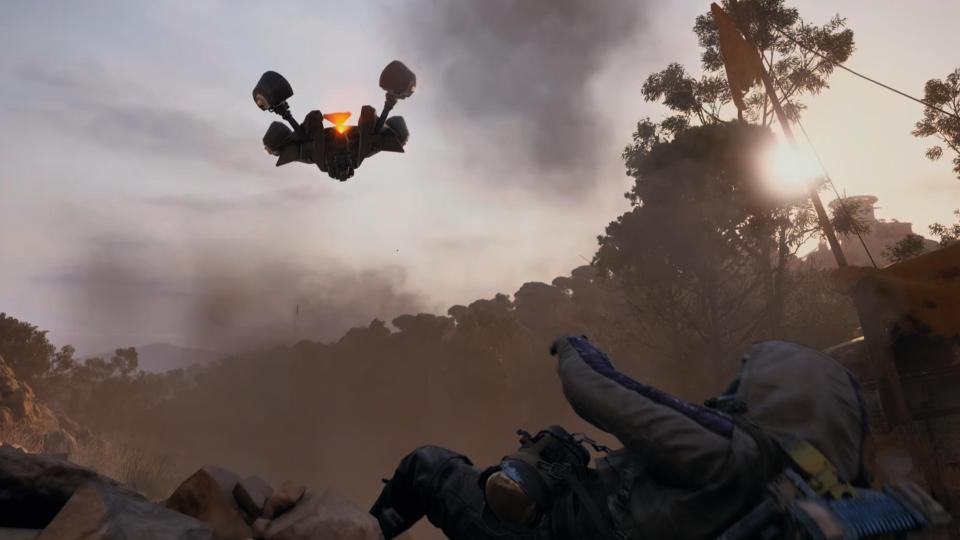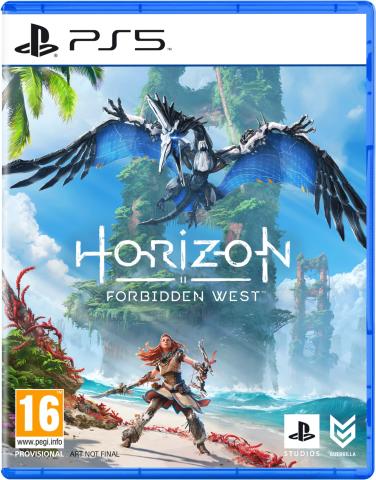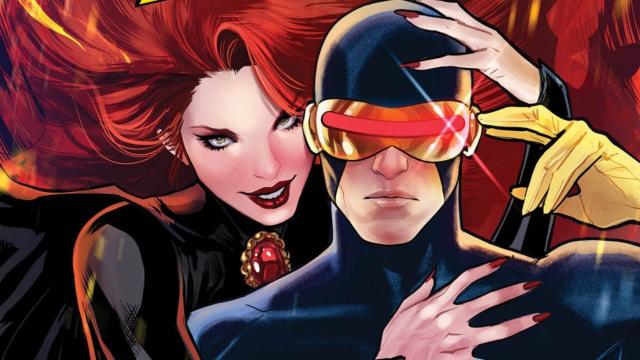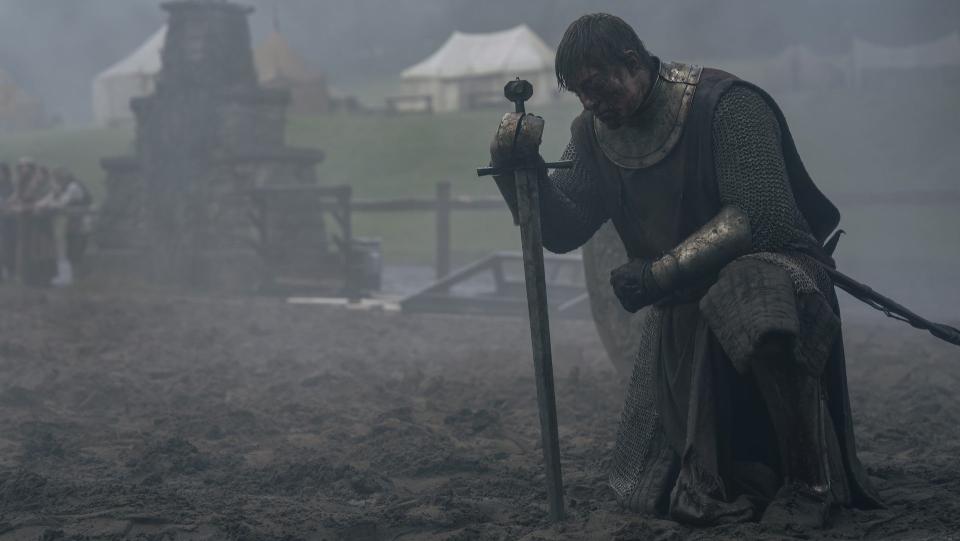GSC Game World, the developer behind the highly anticipated S.T.A.L.K.E.R. 2: Heart of Chornobyl, has successfully filed a DMCA claim against the indie game Misery for alleged copyright infringement. Misery, primarily developed by a solo creator, Maewing, had claimed to be an original project set in a different fictional world unrelated to S.T.A.L.K.E.R. However, Valve has since removed Misery from Steam in compliance with the DMCA claim. The Misery team insists their game does not utilize any of GSC's intellectual property and criticized the claim as a misuse of power against smaller developers. They urge fans not to retaliate against GSC and maintain that they will continue developing their game despite the setback. Interestingly, some online investigators have raised suspicions regarding the use of assets from S.T.A.L.K.E.R. in Misery, which complicates the situation further.
What does the DMCA claim against Misery mean for indie developers?The DMCA claim against Misery highlights significant challenges indie developers might face when attempting to navigate intellectual property laws, especially regarding inspirations gleaned from larger franchises. It underscores the risk of large studios exerting their influence over smaller projects, potentially stifling creativity and competition in the gaming industry.
S.T.A.L.K.E.R. 2: Heart of Chornobyl is a much-anticipated sequel set in a post-apocalyptic world influenced by the Chernobyl disaster, where players navigate a hazardous environment filled with mutants and anomalies. The game utilizes Unreal Engine 5 for cutting-edge graphics and has been subject to many delays and development updates, making this DMCA issue even more noteworthy as the studio continues to engage its loyal fan base.








Comments
Big studios flexing their legal muscles always makes me nervous for the creative indie scene, but this situation definitely shows why clear boundaries between homage and asset borrowing matter. Still crossing my fingers this leads to constructive dialogue rather than setting scary precedents for smaller devs.
Man, it's rough seeing indie devs caught in these legal crossfires, but it's also a solid reminder to always triple-check your asset sources. Hopefully this leads to more transparent conversations about inspiration versus infringement in game development.